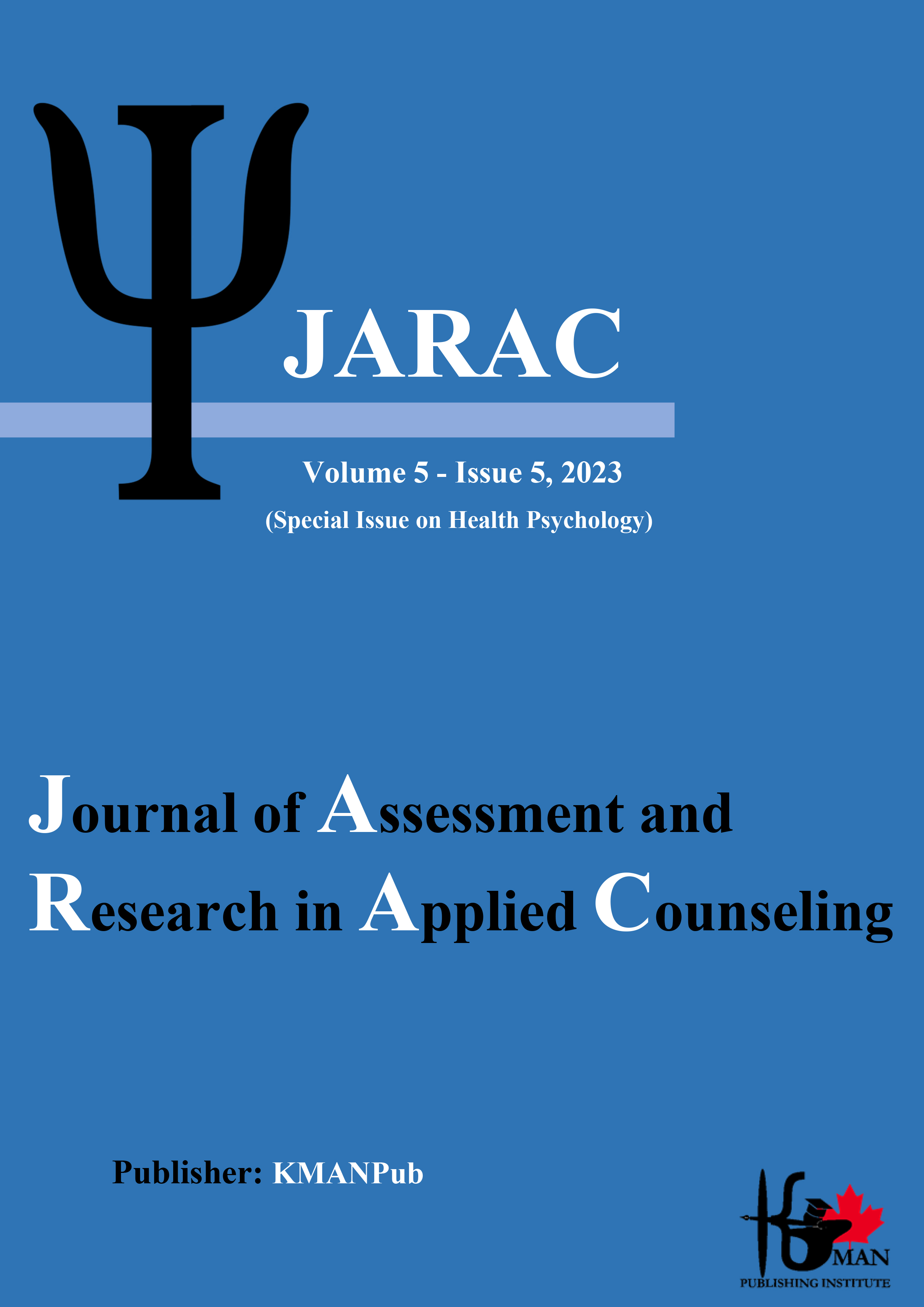The Effectiveness of Self-Compassion-Based Therapy on Health-Oriented Lifestyle and Mindfulness in Students with Psychological Distress
Abstract
Objective: The present study aimed to examine the effectiveness of self-compassion-based therapy on a health-oriented lifestyle and mindfulness in students with psychological distress.
Methods and Materials: The study was applied in purpose, utilized a quasi-experimental method, and employed a pretest-posttest control group design with a three-month follow-up period. The population consisted of all female medical science students in Tehran during the academic year 2020-2021, from which 30 participants were selected through purposive sampling and randomly assigned to two groups of 15 (15 in the experimental group and 15 in the control group). Data were collected using the Lovibond and Lovibond's (1995) Depression Anxiety Stress Scales, Walker et al.'s (1987) Health-Promoting Lifestyle Profile, and the Kentucky Inventory of Mindfulness Skills by Baer et al. (2004). Gilbert's (2009) self-compassion-based therapy sessions were conducted over eight sessions, twice a week for four weeks, each session lasting 90 minutes in a group setting. Data were analyzed through covariance analysis.
Findings: The results showed that self-compassion-based therapy was effective in improving a health-oriented lifestyle and mindfulness among the experimental group students with psychological distress compared to the control group students with psychological distress.
Conclusion: Based on the findings of this study, health professionals can utilize self-compassion-based therapy to improve the health-oriented lifestyle and mindfulness in students with psychological distress.
Downloads
Downloads
Additional Files
Published
Issue
Section
License
Copyright (c) 2024 Mahshid Khavari, Kobra Haji Alizadeh, Eghbal Zarei, Fariborz Dortaj (Author)

This work is licensed under a Creative Commons Attribution-NonCommercial 4.0 International License.















